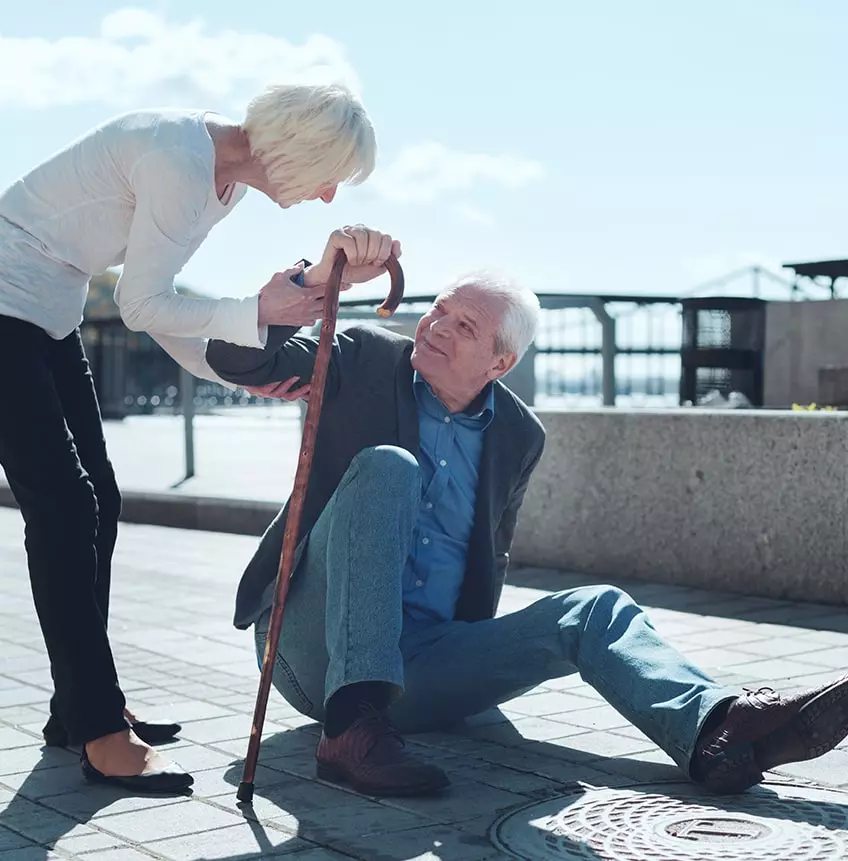
Moving a loved one with dementia into a nursing care environment is a significant transition — emotionally, practically, and medically. Families often experience a mix of relief, guilt, and uncertainty. Understanding what to expect and how to prepare can make the transition smoother for everyone involved, especially the person living with dementia.
This article provides a clear, compassionate guide to planning the move, collaborating with care teams, and maintaining meaningful connection throughout the process.
Understanding the Transition
Find YOUR ideal care home NOW!
Dementia affects memory, judgment, communication, and daily independence. Over time, many individuals require 24-hour supervision and support that becomes difficult to provide safely at home. A specialized dementia care environment can offer structured routines, trained professionals, and adapted spaces designed to reduce anxiety and promote comfort.
Preparation is key — both for the person moving and for their loved ones.
Key Steps to Prepare for the Transition
| Step | Details | Why It Matters |
|---|---|---|
| Discuss the Move Early (When Possible) | Involve the person in conversations using calm, reassuring language. | Helps maintain dignity and reduces confusion. |
| Gather Medical and Personal Information | Prepare care records, medication lists, and daily routines. | Ensures continuity of care from day one. |
| Plan Familiar Comfort Items | Clothing, photos, music, favorite blanket or objects. | Creates emotional grounding and reduces anxiety. |
| Meet the Care Team | Speak with nurses, therapists, and activity coordinators. | Builds trust and clarifies expectations. |
| Prepare Yourself Emotionally | Recognize feelings of grief, relief, or guilt as normal. | Supports a calmer, more confident transition. |
The First Weeks: What to Expect
The adjustment period varies for each person. Some may settle quickly; others may appear withdrawn or confused initially. Structured routines, gentle reassurance, and familiar sensory cues (music, photos, soft fabrics) can help.
Care teams will gradually learn:
- The person’s communication style
- Preferred daily rhythms
- Triggers for stress or agitation
- Activities that bring joy or peace
Consistency and patience during this time are essential.
Staying Involved After the Move
Your presence continues to play a meaningful role. Family visits, shared activities, and ongoing communication with staff reinforce identity, love, and emotional continuity.
Helpful forms of involvement include:
- Bringing updated family photos
- Sharing stories from the person’s life to support personalized care
- Communicating changes in mood or medical needs
- Participating in care planning meetings
The move does not replace family — it supports family in caregiving.
FAQ – Optimised for Search
How can I emotionally prepare for moving a loved one with dementia into care?
Acknowledge that feelings of guilt or sadness are common. Remind yourself that the goal is safety, comfort, and well-being. Speaking with caregivers or support groups can help.
What should we pack for the move?
Choose familiar clothing, personal photos, soft items, music, and meaningful objects that reflect the person’s identity. Avoid clutter to maintain calm and clarity.
How long does it take to adjust to a nursing care environment?
Adjustment varies, but many individuals begin to settle within days or weeks. Consistent routines and reassuring visits from loved ones support this process.
How can I stay involved after the move?
Visit regularly, speak with staff, attend care meetings, and share personal history that helps the care team understand the person beyond the diagnosis.
Need help finding a care home?
Senior Home Plus offers free personalized guidance to help you find a care facility that suits your health needs, budget, and preferred location in the UK.
Call us at 0203 608 0055 to get expert assistance today.
Search for Care Homes by Region
| East Midlands | Eastern | Isle of Man |
| London | North East | North West |
| Northern Ireland | Scotland | South East |
| South West | Wales | West Midlands |
| Yorkshire and the Humber |
Share this article :
Latest posts
You are looking for an establishment for your loved one ?
Get availability & prices
Fill in this form and receive
all the essential information
We would like to inform you of the existence of the opposition list for telephone canvassing.









